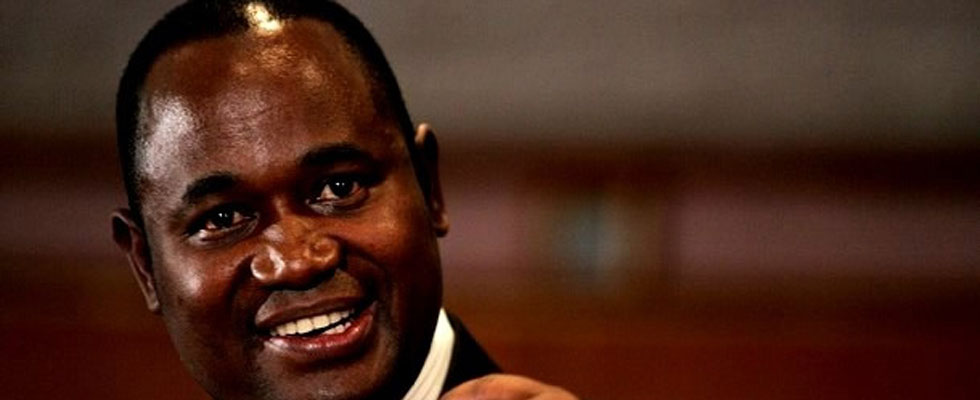
The Reserve Bank of Zimbabwe will tighten the conditions under which micro-finance institutions (MFIs) will dispose of defaulting customers’ collateral security as a way of protecting people from predatory money lenders, governor Gideon Gono has said. Report by Victoria Mtomba
Under the provisions of the Micro-Finance Bill, money lenders will first have to secure a court order authorising the disposal of the security.
Giving oral evidence before the Budget, Finance and Investment Promotion Committee in Parliament on Monday, Gono said the purpose of the Bill was to, among other things, address the existing regulatory deficiencies and protect members of the public from the risks associated with services offered by MFIs.
“The Bill provides that no MFI may dispose of a customer’s security without obtaining a court order. The Bill requires MFIs to conduct their business in accordance with sound administrative and accounting practices to keep records of transactions,” Gono said.
The Bill comes at a time when there is a high demand of loans in the economy due to liquidity challenges. In 2012, the banking sector availed 16% of loans and advances to households, according to figures from the central bank.
The country has at least 37 micro-finance institutions from 1 800 micro-finance institutions that closed during the hyperinflation period in 2008.
Gono said the coming into operation of the Bill would result in some provisions in the Banking Act currently governing micro-finance banks being repealed and wholly superseded by the more comprehensive provisions in the Bill.
He said the Bill seeks to fill in the regulatory framework for credit only and deposit-taking MFIs.
- Chamisa under fire over US$120K donation
- Mavhunga puts DeMbare into Chibuku quarterfinals
- Pension funds bet on Cabora Bassa oilfields
- Councils defy govt fire tender directive
Keep Reading
“The main difference between the two types of Microfinance institutions is that money lenders predominantly lend money to individual consumer loans and to small businesses, while Micro-finance Banks are, in addition to the lending, are also allowed to take deposits from the public,” Gono said.
He said the Bill would address the problems that have been faced by the sector that include the unregulated interest rates charged by money lenders, the lack of supervision of MFIs by authorities and the sale of borrowers’ properties without following the legal process.
He added that a $5 million minimum capital requirement would be required for microfinance banks as opposed to $25 000 required for credit MFIs to protect depositors.











